Become an Assessor with INAB
World Accreditation Day - 9th June 2020
Accreditation: Improving food safety
Accreditation has clear objectives: it aims to assure businesses, end users and regulators that a conformity assessment body (CAB), such as a certification or inspection body, testing, calibration or medical laboratory, has the required technical competence and operates impartially. This competence is assessed by accreditation bodies to international standards and requirements.
Accreditation helps improve food safety.
Building on World Accreditation Day 2019, which highlighted the role of accreditation in adding value to supply chains, the 2020 World Accreditation Day spotlights accreditation’s role in improving food safety.
It does this across the whole of the food supply chain from farm to fork, through food production, processing and packaging, storage and transportation, to retail and catering, helping build layers of assurance in the supply chain.
Accreditation bodies assess CABs in a variety of different key functions, assessing them against standards which have been developed by the global community through the International Organization for Standardization (ISO) and International Electro technical Commission (IEC). These standards cover functions such as inspection, certification and testing. With inspection bodies, certification bodies and laboratories accredited to these standards, they have been independently checked as being able to deliver competent and impartial inspection, certification and testing services in all parts of local, national and international food chains.
In April 2019, a Joint Statement issued by the Food and Agriculture Organization of the United Nations (FAO), the World Health Organisation (WHO) and the World Trade Organisation (WTO)¹, highlighted the toll on humans of foodborne diseases. Accreditation aims to help support the reduction of these incidences through driving up the performance of organisations in the food supply chain.
Accreditation is used across the globe to help meet this goal: from the use of accredited certification in Australia through the PrimeSafe scheme for meat and seafood supply; to the European Union using the accreditation of laboratories to support food security in Europe;to accredited inspection to help commercial catering establishments deliver safer food in France.
World Accreditation Day 2020 with Accreditation Improving Food Safety, sets out to illustrate how in just the one area, food safety,accreditation contributes to the Sustainable Development Goals, in particular SDG 3 of Good Health and Well-Being. World Accreditation Day 2020 comes just two days after the second ever World Food Safety Day² which aims to highlight the need for safe food. Through accreditation bodies and subsequently accredited certification bodies, inspection bodies and laboratories, the conformity assessment community continuously strives to help deliver safer food.
World Accreditation Day 2020 enables the International Accreditation Forum (www.iaf.nu), the International Laboratory Accreditation Cooperation (www.ilac.org) and their members to highlight how accreditation is improving food safety. IAF and ILAC provide a range of information to explain accreditation’s role in improving food safety, including further illustrations of its use https://publicsectorassurance.org/topic-areas/food-safety-agriculture/
For further details, contact your local accreditation body.
http://www.iaf.nu//articles/IAF_MEMBERS_SIGNATORIES/4 and https://ilac.org/ilac-membership/
Further case studies, research and support material is available at http://www.publicsectorassurance.org/topic-areas/health-safety/
¹https://www.who.int/docs/default-source/resources/joint-statement.pdf?sfvrsn=61b890c4_16
² https://www.who.int/news-room/initiatives/world-food-safety-day-2020


